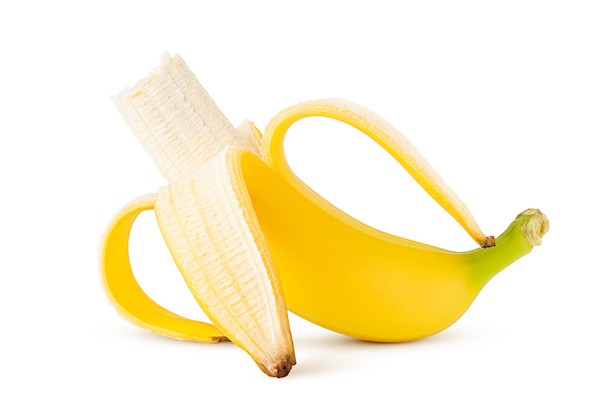Bananas, a staple in many diets, are celebrated for their convenience, flavor, and rich nutrient profile, boasting potassium, vitamin B6, vitamin C, magnesium, copper, and fiber. However, the sugar content in bananas often raises concerns. Let’s delve into the details to understand the amount of sugar in a banana and its implications.
Breaking Down the Sugar Content in Bananas
A medium-sized banana contains approximately 105 calories and 27 grams of carbohydrates, with about 14 grams coming from naturally occurring fruit sugars, primarily fructose and sucrose. The specific sugar content can vary depending on the size of the banana:
- Medium Banana: 14.4 grams of sugar
- Extra-Large Banana: 18.6 grams of sugar
- Extra-Small Banana: 9.9 grams of sugar
It’s crucial to differentiate between natural sugars found in fruits and processed sugars present in sodas, cakes, and candies. Keri Glassman, MS, RD, CDN, emphasizes that fruit sugar, mainly fructose, is accompanied by essential nutrients and fiber, which aid in regulating blood sugar levels. This makes fruit a healthier choice compared to refined sugars.
The Ripening Factor: Does it Increase Sugar Levels?
As bananas ripen, their starch content converts into sugar. Andrea N. Giancoli, MPH, RD, explains that riper bananas contain more sugar and less resistant starch and pectin. While taste and texture preferences vary, it’s important to remember that these sugars are naturally occurring and not inherently harmful.
Whether you prefer slightly green bananas or sweeter, softer ones, incorporating bananas into a balanced diet is beneficial. Ripe bananas can even serve as a natural sweetener in yogurt, oatmeal, and baked goods.
Bananas and Diabetes: A Safe Combination?
Bananas can be included in a healthy diet for individuals managing their blood sugar levels. Giancoli notes that bananas have a relatively low glycemic index due to resistant starch and pectin, which help regulate blood sugar.
Individuals with diabetes or pre-diabetes should always follow their healthcare provider’s dietary guidelines. However, incorporating fruits like bananas, if preferred, can be part of a well-rounded diet.
Comparing Sugar Content: Bananas vs. Other Fruits
Dates are known for their sweetness, with one Medjool date containing 16 grams of sugar. However, bananas offer a larger serving size and a more nutrient-dense profile compared to dates. On the other end of the spectrum, grapefruit has the lowest glycemic index among fruits, closely followed by peaches.
Unripe jackfruit contains minimal sugar, but it’s typically consumed as a meat alternative. Ripe jackfruit, on the other hand, has a significantly higher sugar content.
Embrace the Banana: A Nutrient-Rich Choice
Don’t shy away from bananas due to their sugar content. These fruits provide essential nutrients that your body is designed to digest and utilize. Bananas are an excellent source of potassium, a nutrient often lacking in diets. A large banana contains 487 mg of potassium, contributing significantly to overall health.
In conclusion, bananas are a nutritious and versatile fruit that can be part of a balanced diet. Understanding their sugar content and nutritional benefits allows you to make informed choices and enjoy bananas as part of a healthy lifestyle.
